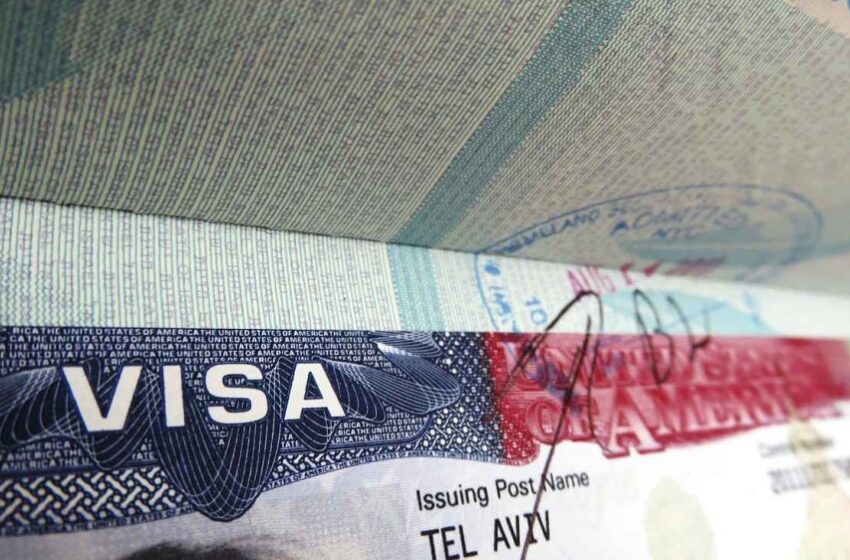USCIS expands premium processing for certain F-1 students

 New online-filing procedures announced for F-1 students seeking OPT or STEM OPT extensions
New online-filing procedures announced for F-1 students seeking OPT or STEM OPT extensions
In a bid to streamline the immigration experience for international students, US Citizenship and Immigration Services (USCIS) has announced the expansion of premium processing for certain F-1 students.
The facility is available to F-1 students seeking Optional Practical Training (OPT) and F-1 students seeking science, technology, engineering, and mathematics (STEM) OPT extensions who have a pending Form I-765, Application for Employment Authorization, and wish to request a premium processing upgrade.
Read: USCIS expanding premium processing for EB-1 and EB-2 (January 13, 2023)
Online filing of Form I-907, Request for Premium Processing Service, is now also available to F-1 students in these categories, USCIS announced Monday. The immigration agency said it continues to accept the latest paper version of this form by mail.
“The availability of premium processing for certain F-1 students, in addition to the ease of online filing, will streamline the immigration experience for a great many international students,” said USCIS Director Ur M. Jaddou.
“The ongoing expansion of online filing is a priority for USCIS as we continue to create operational efficiencies and increase access to the immigration system for stakeholders, applicants, petitioners, requestors, and those we serve.”
Read: USCIS weighted median processing time increased by 80% since 2014: report (January 1, 2023)
USCIS said premium processing expansion for certain F-1 students will occur in phases, and students requesting premium processing should not file before these dates:
Beginning March 6, USCIS will accept Form I-907 requests, filed either via paper form or online, for certain F-1 students who already have a pending Form I-765, Application for Employment Authorization, if they are filing under one of the following categories:
(c)(3)(A) – Pre-Completion OPT;
(c)(3)(B) – Post-Completion OPT; and
(c)(3)(C) – 24-Month Extension of OPT for STEM students.
Beginning April 3, USCIS will accept Form I-907 requests, filed either via paper form or online, for F-1 students in the above categories when filed together with Form I-765.
Read: USCIS proposes hike in immigration, naturalization fees (January 4, 2023)
USCIS will reject premium processing requests for a pending Form I-765 if received before March 6, and will reject any premium processing request for an initial or concurrently filed Form I-765 that is received before April 3.
To file Form I-907 online, an applicant must first create a USCIS online account, which provides a convenient and secure method to submit forms, pay fees, and track the status of any pending USCIS immigration request throughout the adjudication process.
There is no cost to set up a USCIS online account, which offers a variety of features, including the ability to communicate with USCIS through a secure inbox and respond to Requests for Evidence online.
Applicants who previously filed a paper Form I-765 and wish to file Form I-907 online to request premium processing should reference the USCIS Account Access Notice they received for the Online Access Code and details on how to link their paper-filed cases to their online account, or they will not be able to file Form I-907 online and will need file a paper Form I-907 with the Chicago lockbox.
Read: F-1 visa for students: US extends premium processing of work authorisation ((March 7, 2023)
The expansion of premium processing is part of USCIS’ efforts to increase efficiency and reduce burdens to the overall immigration system, and is being implemented in a phased approach, the immigration agency said.
The addition of online filing for Form I-907 brings the total number of forms available for online filing to 16. The Forms Available to File Online page has links to file all of these forms.
USCIS said it continues to accept the latest paper versions of all forms by mail. More than 1.8 million applications, petitions and requests were filed online in FY 2022, a 53% increase from the 1.2 million filed in FY 2021.

